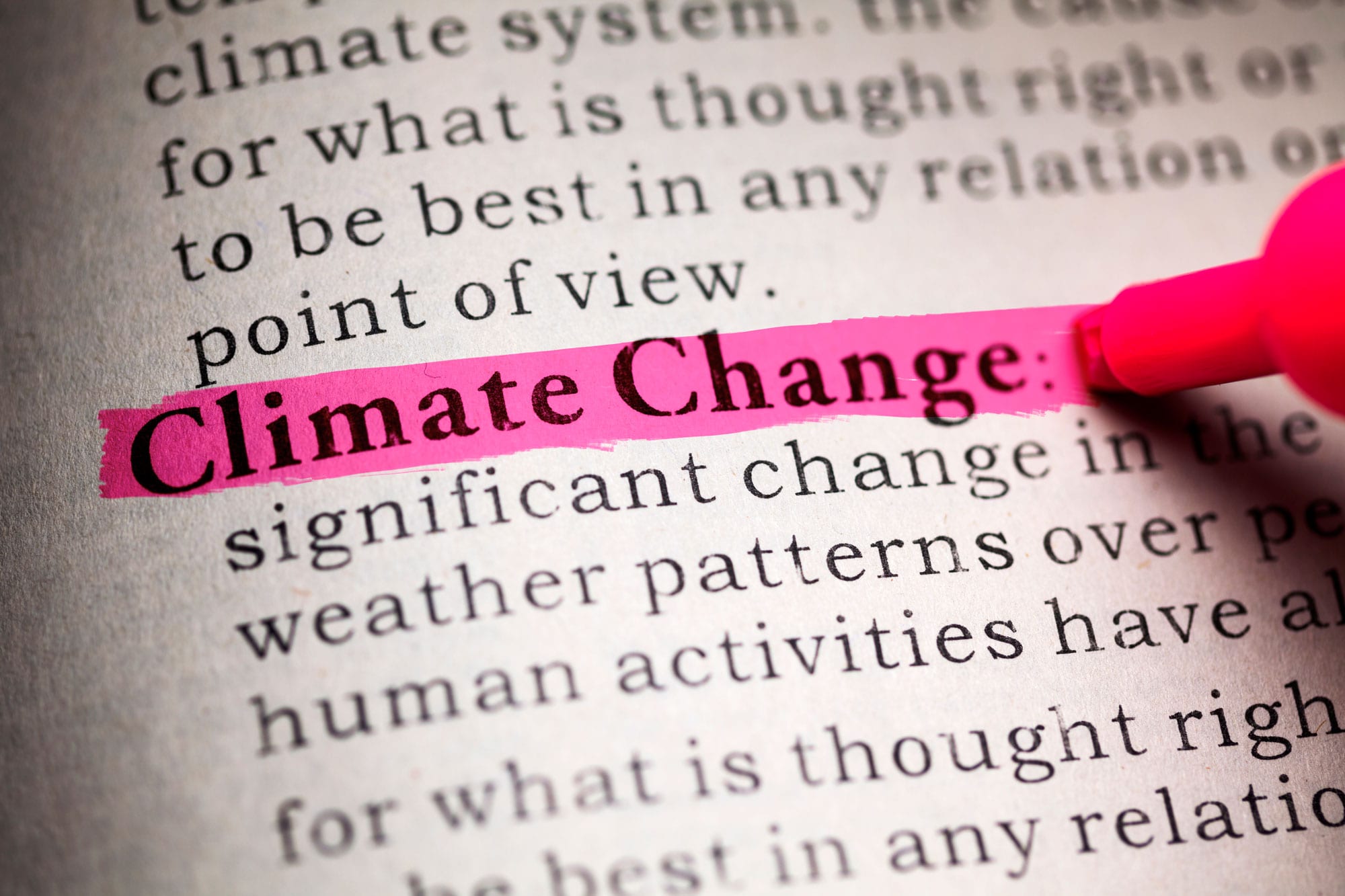
Whether you’re an eco-activist or not, it’s impossible to ignore the debate that has followed the most recent international climate report and a devastating slew of natural disasters.
Global warming should be a reality, not a controversy. If average global temperatures exceed just half a degree, the risk for major natural disasters will significantly increase.
If you want to understand the real facts behind the figures, put your energy into reading these five powerful books that promote awareness about climate change.
Rising: Dispatches from the New American Shore, Elizabeth Rush
This poetic report about how rising sea levels are affecting American shorelines is compelling, relevant and accessible. The reality is that coastlines are disappearing and salt is causing devastation to essential habitats and those who live alongside them. Rush doesn’t just share her own personal discovery of the urgency of climate change, but interviews the experts and gives voices to the survivors of ravaged coastal communities all over the country.
The Whale and the Supercomputer: On the Northern Front of Climate Change, Charles Wohlforth
This fascinating text about climate change as it is seen in Northern Alaska is packed full of science that, while not oversimplified, is accessible and stimulating. In the far North, these issues and fears are no longer an abstract idea, but a reality that has drastically altered daily life. Wohlforth follows both a traditional Eskimo whale-hunting party as they race to shore near Barrow and a team of scientists on a quest to understand the snow. These different but intertwined groups must work out how best to survive while navigating the issue that is now bearing down upon us all.
The City Where We Once Lived, Eric Barnes
If you’re working up the courage to embrace hard-hitting non-fiction texts, Barnes’ dystopian novel will still pack a pretty loaded punch when it comes to the issue of climate change. In a near (and foreseeable) future, climate change has caused the crumbling North End of an unknown city to be abandoned by all but the scavengers, who are attempting to bury their memories of what was lost. Like the topic it discusses, this haunting story is purposefully an exhausting and depressing read, but it is also a rewarding one; one that forces you to look sharply at yourself and at humanity.
The Great Derangement: Climate Change and the Unthinkable, Amitav Ghosh
In his first major work of non-fiction, acclaimed Indian novelist Ghosh asks: “Are we deranged?” Certainly, we seem unable to grasp the sheer threat of climate change, and even more incapable of preventing it thus far. This literary text moves the conversation away from science and towards culture, politics and ethics, begging the reader to recognize the problem in being so unwilling to protect the future of life on Earth. The eerie relevance of this narrative realises the critical need to think about the unthinkable.
Below Freezing: Elegy for the Melting Planet, Donald Anderson
This ‘collage’ of ‘scientific fact, newspaper reports and excerpts from novels, short stories, nonfiction, history, creative nonfiction and poetry’, is both absorbing and informative. Anderson tackles the beauty and dangers of the cold, as well as the alarming rate at which our planet is warming in a meditated way that feels as serene as the conditions it explores.












